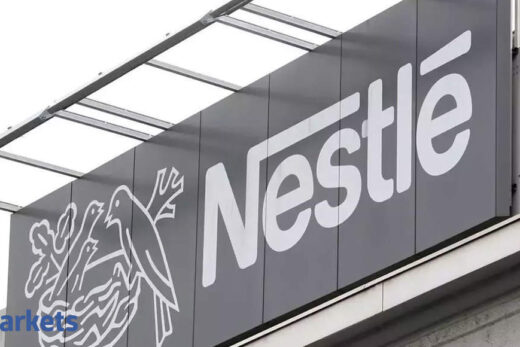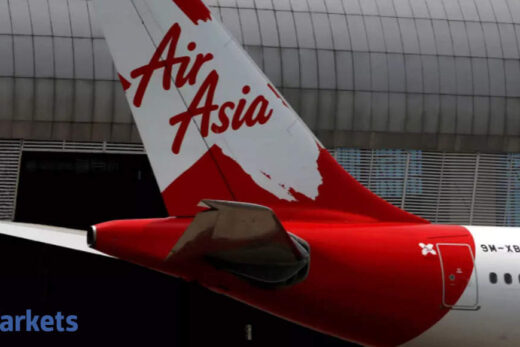MUMBAI: A well-articulated strategy for employee well-being is being leveraged by companies as a key differentiator to attract and retain top talent.
A Willis Towers Watson study, shared exclusively with TOI, reveals a decreasing trend in employers who have not formally articulated such a well-being strategy over the last two years. If three years ago 44% of employers had “no strategy” for employees’ health, the number stands reduced at 28% in 2020 (see graphic).
A large majority of companies believe employees’ physical and emotional well-being is a top priority over the next three years. The reasons are simple: Workplace stress has become more severe and companies want to remain attractive to good talent by adopting a sound employee wellness policy. Interestingly, more employers are using a variety of financial and non-financial metrics to measure the impact of health and well-being programmes. There is a shift from ‘return on investment’ to ‘value on investment’.
Willis Towers Watson India Insurance Brokers head (health & benefits) Vinod V K said, “With costs and employee workforce risks on the rise, it’s more important now than ever to ensure that the investment in employee well-being is made in the right areas. We are witnessing a transition towards a value-on-investment model from a more traditional return-on-investment approach and more organisations are using technology, data and analytics to guide them in this journey. This is an unprecedented and ever-evolving situation, making it critical for employers to have a holistic and long-term strategy on employee benefits and the future workplace.”

president (HR) Anupam Kaura said there’s no doubt that employee wellness is going to be a key differentiator — not just for attracting talent, but also retaining talent. “When external talent is contemplating career opportunities with you, they make it a point to speak to multiple people who have closely known a company (current employees and alumni) and, among other things, they do check for 2-3 fundamental attributes — culture of the company, employee benefits & policies, and the people they will get to work with. All of these attributes have a bearing on mental and physical well-being in a big way. Over the past 15 months in particular, there are innumerable instances of talent (both in-house and external) enquiring about hybrid/flexible work arrangements, specific enablement measures towards wellness, health and recreation. Thus, companies which have taken voluble measures in introducing health and well-being measures during this difficult phase are being seen as a big draw for talent.”
Internal talent contemplating job switches are a lot more mindful lately of what they stand to lose by way of “tangible” and “intangible” benefits should they choose to leave their present employer, said Kaura. “In my view, skilled talent that’s attracted to the gig economy/entrepreneurial ventures/startups will also now think twice, as staying on with an employer who has prioritised employee care and well-being during the extended pandemic phase may offer greater sense of mental health and overall sense of security,” he added.
General Electric (steam power) HR leader (India & Asia-Pacific) Pramath Nath said, “Though organisations have brought focus to ‘wellness’, it’s contextual and not posturing. It’s a step in the right direction for the long-term good of all than to achieve short-term goals of the organisation. In a corporate world full of companies mirroring benefits and policies, the thematic manifestation of wellness is bound to be a differentiating factor in retaining and attracting talent. It’s a sine qua non (essential condition).”
The study, in which 203 organisations (1.7 million employees) across sectors participated, said employee health programmes have to evolve in such a way that they can respond to the multi-generational workforce, get traction with staff on their requirements, which are suited in the future of work. It said over 2 in 5 employers are evaluating the total cost of care and adopting listening strategies to understand their workforce needs.
“The unexpected devastation caused by the second wave of Covid shifted the paradigm from work to life. It’s been about survival and empathy. Nuclear families meant leaning on one another within the organisation for support, succour and sustenance. Collective suffering is getting mitigated by joint resilience. At GE, we have undertaken certain policy changes to support our employees during the unprecedented surge of the pandemic — from enhanced insurance coverage to caregiver leave to vaccination camps for employees and dependents to pooling in money for needy employees, arranging hospital beds and oxygen cylinders. These reflect the agile response of organisations and the natural extension of a broad support system to the homes of employees and beyond. The parochial approach to work-life balance has been replaced by a holistic employee wellness endeavour,” said Nath.
Organisations are seeing how health and well-being measures have helped ensure higher levels of sustained productivity over a year now. “Over time, this will also make employers who stay invested on the health agenda stand out from the rest in terms of ability to attract and retain talent. Measures on health that we have introduced in the past 15 months cover family members too. And we are already seeing a visible uplift in the narrative. For instance, just overnight, I received a message from a parent of an employee complimenting our efforts for the on-site vaccination drive that’s been commissioned. Families too are thus helping shape the narrative on staying put with an employer who cares for you,” said Kaura.
For its India employees, Crisil is offering advance payment of 50% of annual bonus for the current year with May 2021’s salary. It is also offering emergency salary advance of up to 6 months of fixed-pay portion (interest-free) for employees towards Covid medical and allied expenses, and reimbursing Covid treatment expenses not covered by medical insurance.




